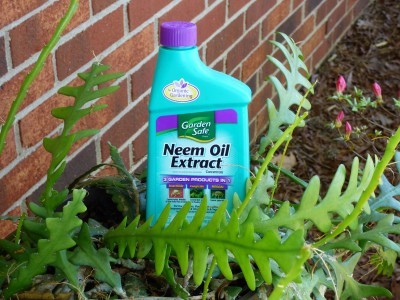






Keeping ourselves and our children safe from toxic chemicals is a no brainer, but not all products on the market are as safe as they purport to be. Organic pesticides are a safer alternative to chemical formulas, but even these need to be used with caution. What are organic pesticides and are organic pesticides safe?
Organic pesticides for plants are considered to be those made from natural ingredients. That doesn’t mean they are free from chemicals, just that the chemicals are derived from botanical and mineral sources. They must still be used carefully, but the chemicals break down more quickly than commercial sources and are deemed less threatening.
Chemicals assault the body at almost every hour of the day. They may come in the air, the food we eat, the products we use on our bodies, and even in our drinking water. Toxic buildup of these chemicals have been shown to cause damage in the body and minimize health. Many of the modern pesticides used today commercially persist in soil for years and compound the store of toxins in our soil, air and water.
There are many types of natural pesticides which are not products of chemical engineering and return to the earth with less impact and reduced danger. Pesticides for organic gardens must meet certain criteria set forth by the USDA and bear a logo stating they are certified.
Are organic pesticides safe to use in the home landscape? The bonuses with using organic pesticides for plants are their specific target range, slow mode of action, shorter persistence, low residue levels and safer use than conventional pesticides. These attributes are a win-win for consumers and the earth alike, but as with any formula you must pay strict attention to time and mode of application and follow any precautions.
The wide variety of organic pesticides encompasses biochemical, microbial, botanical or mineral based. Many of these come from plants themselves, insects, or naturally occurring minerals.
Folk wisdom had a cure all for everything before modern technology and science came to the fore. Pest control in the field was accomplished using companion plants and herbs, good cultural practices (such as crop rotation and field burning) or the result of home concocted sprays and dusts.
Copyright © www.100flowers.win Botanic Garden All Rights Reserved